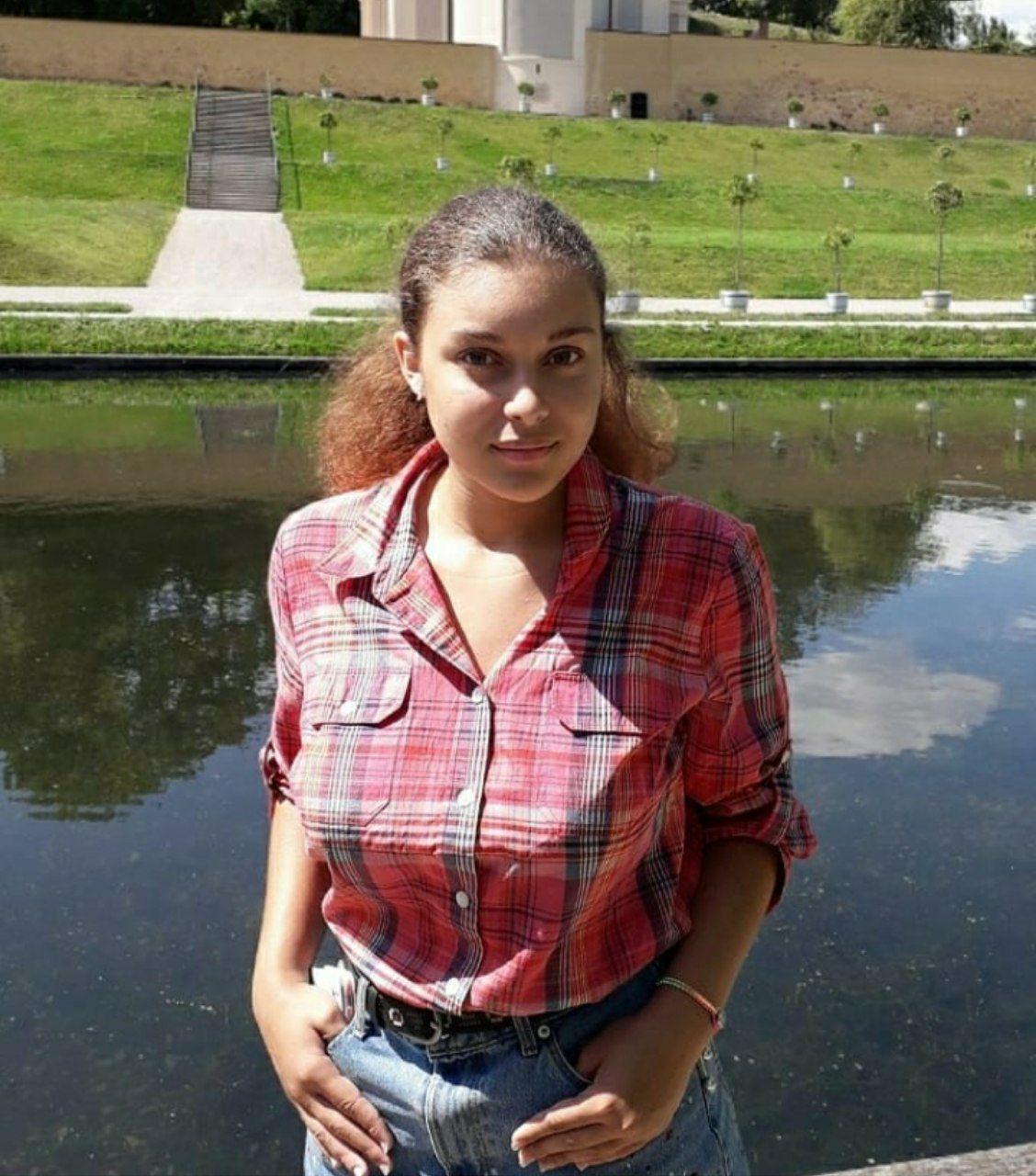
Youth Engagement for Global Action
You don’t have to be 21 years old or older to contribute to the development of the society or to unite people in solving some of the global problems. The EU supports the young enthusiasts who are not afraid of doing so by creating various initiatives for their development e.g., Young European Ambassadors initiative, Au Pair, Erasmus+, education or civil society actions grant programmes, etc. The European Commission supports the inclusion of young people in democracy and society, for example, through dialogue with young people. Promoting a healthy lifestyle and helping cooperation between schools, youth workers, health workers, and sports organizations are among its central aims.
On August 12, 2020, the international community celebrates the International Youth Day (IYD). This year’s IYD seeks to spotlight youth engagement at the local, national, and global levels. There are many inspiring examples of young people who changed the international agenda. In this article, I will highlight the stories of Felix Finkbeiner, Malala Yousafzai, Greta Thunberg, and Volodymyr Charushyn to show the impact that youth may make without any regard to their age, the topic they work with, or the country they are from.
Felix Finkbeiner, a German boy who was inspired by Wangari Maathai, founded the international tree-planting and environmental advocacy organization Plant-for-the-Planet when he was nine years old. “Children could plant one million trees in every country on the earth and thereby offset CO2 emissions all on their own, while adults are still talking about doing it,” he suggested to his class while giving a presentation on global warming. Felix planted a tree and launched the organization on March 28, 2007. At the age of 10, he spoke in front of the European Parliament and at the age of 13 at the UN General Assembly. Nowadays, Plant-for-the-Planet organization has already planted 13.48 billion trees worldwide, and its goal is to reach a number of 1 trillion trees. But they seem to have no limits!
Malala Yousafzai, a Pakistani activist for female education and the youngest Nobel Prize laureate. Her father was an activist and educator as well. He established the school where Malala used to study. In 2007, when she was 11 years old, she became famous for blogging for the BBC about her life under the Taliban regime. In 2012, the Taliban tried to assassinate Malala on the bus on her way back home. She survived but underwent several operations in the UK, where she lives today. On her 16th birthday, she spoke at the UN headquarters in New York, the same year her autobiography “I Am Malala: The Story of the Girl Who Stood Up for Education and was Shot by the Taliban” was released. In 2015, she founded a school for the Syrian refugee girls in Lebanon. She continued her struggle and became a budding advocate of girl’s rights.
Volodymyr Charushyn, a Ukrainian boy with hearing impairments who created a project aimed at overcoming communication boundaries between people who have such impairments and those who don’t. At the age of 16, he took part in the UPSHIFT Ukraine program provided by UNICEF, EU, and Kharkiv Professional Development Fund. During the project, Volodymyr and his team organized different events to promote deaf culture and ruin the stereotypes. Besides, they created an interactive dactyl alphabet, which can be found now in various Kharkiv parks and playgrounds. In November 2019, he spoke at the UN General Assembly and presented his vision of the inclusion of people with disabilities into society.
Greta Thunberg, a Swedish environmental activist and creator of the worldwide Fridays For Future action. In May 2018, when Greta Thunberg was 15, she became one of the winners of the climate articles competition organized by the Swedish newspaper Svenska Dagbladet. The newspaper published her article, and she was contacted by activist Bo Thorén from the environmental organization Fossilfritt Dalsland. Thunberg attended several of their meetings, and at one of them, Toren expressed the idea that schoolchildren could go on strike against climate change. Greta started her protest sitting beneath the Swedish parliament with the poster “School strike for climate.” During the year, she has been gaining popularity in social networks and media, met with scientists, politics, and celebrities, took part in Fridays For Future actions around the world, and, finally, she took part in the UN summit on climate change in New York. She faces lots of critics, but she also has inspired thousands of people to rethink their attitude toward the environment.
Accordingly, these young people prove that your age, social status, and beliefs don’t mean that you do not have a voice. “Faith is taking the first step even when you don’t see the whole staircase,” said Martin Luther King Jr. Despite everything, the heroes of this article believed in their ideas and endowed others with their faith. They have proven that each of us can make the world better.
All information is taken from open sources.

LATEST

How you can help the planet every day

Building Europe: Poland’s experience of joining the European Union and lessons for Ukraine

World Health Day 2024: My Health, My Right

EUREKA MEETS EUROPE – opportunities to develop and study. My experience

Can you wear pink in the workplace?
More campaign pages:
Interested in the latest news and opportunities?
This website is managed by the EU-funded Regional Communication Programme for the Eastern Neighbourhood ('EU NEIGHBOURS east’), which complements and supports the communication of the Delegations of the European Union in the Eastern partner countries, and works under the guidance of the European Commission’s Directorate-General for Neighbourhood Policy and Enlargement Negotiations, and the European External Action Service. EU NEIGHBOURS east is implemented by a GOPA PACE-led consortium. It is part of the larger Neighbourhood Communication Programme (2020-2024) for the EU's Eastern and Southern Neighbourhood, which also includes 'EU NEIGHBOURS south’ project that runs the EU Neighbours portal.

The information on this site is subject to a Disclaimer and Protection of personal data. © European Union,